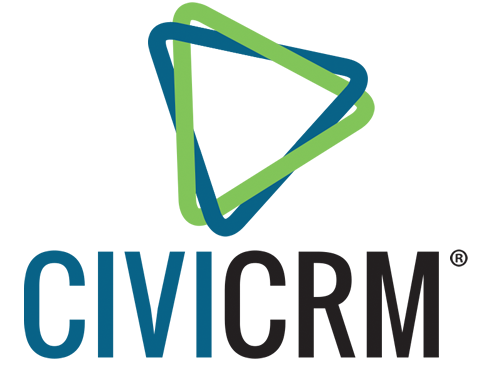CiviCRM can be installed on 4 platforms, which are:
– WordPress: A popular and user-friendly open source content management system (CMS) that powers millions of websites worldwide.
– Joomla: A powerful and flexible open source CMS that offers thousands of extensions and templates.
– Drupal: A robust and secure open source CMS that is suitable for complex and high-performance websites.
– Backdrop: A fork of Drupal that aims to be more affordable (in development costs) and accessible for small to medium-sized businesses and non-profits.
Some of the pros and cons of each platform for CiviCRM are:
– WordPress: WordPress is a popular and user-friendly CMS that powers millions of websites worldwide. It has a large community of developers and users who create and share plugins and themes. WordPress also has a simple and intuitive interface that makes it easy to manage your website and CiviCRM. However, WordPress may not be as robust and secure as other platforms, especially when using many plugins that may conflict or cause vulnerabilities. WordPress also may not offer as much flexibility and customization as other platforms for complex websites and CiviCRM integrations.
– Joomla: Joomla is a powerful and flexible CMS that offers thousands of extensions and templates. It has a strong security system and a multilingual support. Joomla also has a user-friendly interface that allows you to manage your website and CiviCRM with ease. However, Joomla may not be as popular or widely supported as other platforms, which may limit your options and resources. Joomla also may have a steeper learning curve than other platforms, especially for beginners.
– Drupal: Drupal is a robust and secure CMS that is suitable for complex and high-performance websites. It has a large and active community of developers and users who contribute to its modules and themes. Drupal also has advanced features such as Views, Rules, and CLI frameworks that can enhance your website and CiviCRM functionality. However, Drupal may not be as easy or intuitive to use as other platforms, especially for non-technical users. Drupal also may require more resources and maintenance than other platforms, such as updates, backups, and security patches.
– Backdrop: Backdrop is a fork of Drupal that aims to be more affordable (in development costs) and accessible for small to medium-sized businesses and non-profits. It has a simpler and more user-friendly interface than Drupal, while retaining most of its features and functionality. Backdrop also has a growing community of developers and users who support its modules and themes. However, Backdrop may not be as mature or stable as other platforms, as it is still relatively new and evolving. Backdrop also may not have as many modules and themes available as other platforms, which may limit your choices and customization.
What Platform does 2020Media Recommend?
There is no definitive answer to which platform is the best for CiviCRM, as it depends on your specific needs, preferences, and resources. However, some general guidelines are:
– If you want a simple and easy-to-use platform that has a large and active community, you may choose WordPress.
– If you want a powerful and flexible platform that has a strong security system and a multilingual support, you may choose Joomla.
– If you want a robust and secure platform that has advanced features and functionality for complex websites, you may choose Drupal.
– If you want a more affordable and accessible platform that has a user-friendly interface and most of Drupal’s features, you may choose Backdrop.
Ultimately, you should do your own research and compare the pros and cons of each platform for your specific situation. We go into more detail about each platform at What Platform for CiviCRM
2020Media offers UK based CiviCRM hosting on all the platforms, and we’ll advise on which is best for you, if you are not sure. The hosting plans are secure, reliable and built specifically for CiviCRM. Plans include a 30 day money back guarantee. Discover more at CiviCRM Hosting Plans.

